PANCAIM M30 Meeting in Stockholm: Promising progress on datasharing and AI development
Project partners presented their respective work packages and activities over the past six months. AMIRES is participating in PANCAIM as partner for project management and dissemination and is actively engaged in consortium coordination, taking an active role in organising the meeting and preparing materials, moderating discussions around data sharing and strategic questions in the project such as its sustainability exploitation.
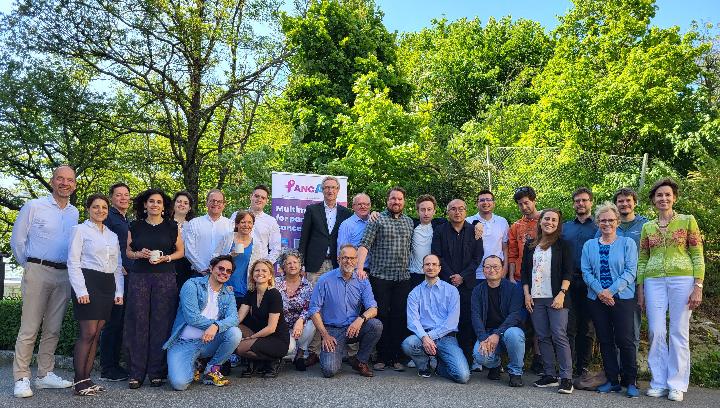 |
AI developers in the consortium shared updates on the development of unimodal and multimodal AI algorithms: There have been good advancements in developing unimodal AI algorithms with the potential to contribute to early detection and accurate diagnosis of pancreatic cancer and a better understanding of the disease. Additionally, first steps have been made in the development of multimodal AI algorithms that will enhance diagnostic accuracy, and survival predictions and offer personalized treatment recommendations for pancreatic cancer patients.
In addition, we have started to discuss the validation of the developed algorithms and their clinical deployment. Rigorous validation of AI algorithms is considered a top priority of all partners and absolutely crucial before deploying them in real-world clinical settings. Therefore, we are starting to discuss the validation with previously unseen data to assess the accuracy of developed models to estimate the prognosis of individual patients at diagnosis, to predict treatment response and to evaluate treatment, in order to ensure that developed models achieve the highest levels of effectiveness, precision, and reliability. The most promising AI algorithms developed in the project, which have demonstrated their capability to predict clinically relevant outcomes, will then be integrated within an established healthcare platform and further validated in an environment that resembles a routine clinical application as closely as possible.
Many active discussions took place at the meeting, both during the sessions as well as informally over lunch and coffee breaks. For instance, we started discussing and trying to identify solutions that will support the continued growth and impact of our research and activities, and therefore ensure the long-term sustainability of the PANCAIM project and its results. We are also exploring possible ways for the inclusion of additional data sources to our repository and sharing access to gathered data to researchers to be used for further investigations.
Lots of work remained to be done in the project, but we are happy about the progress and proud to be steadily moving towards our objective of providing unique new digital tools for pancreatic cancer clinicians and patients. For more about the project, please visit https://pancaim.eu/
Thanks to our hard-working partners for the productive meeting and the good collaboration in this demanding project – we are already looking forward to the next meeting which will take place here in Prague!
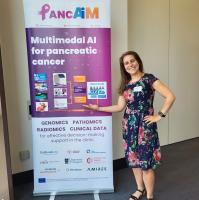 |
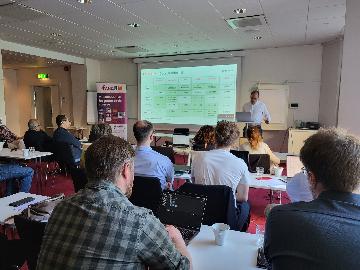 |
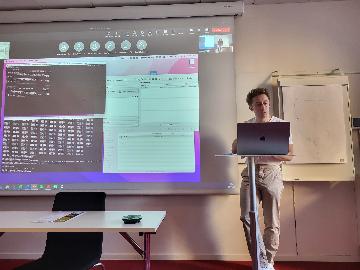 |
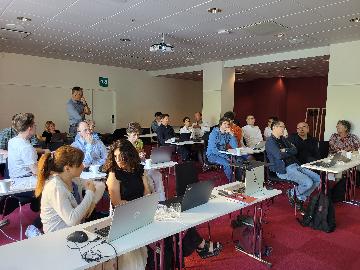 |





